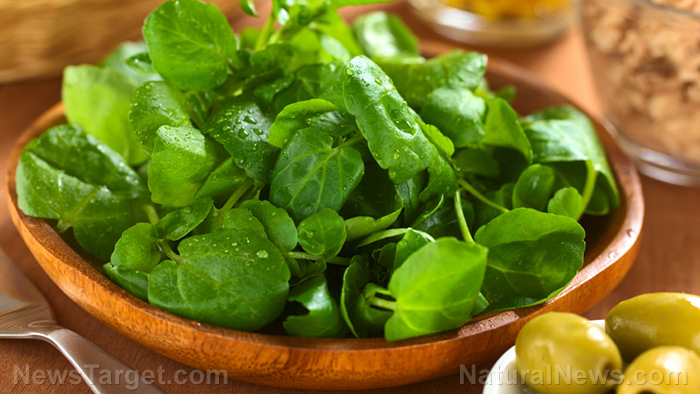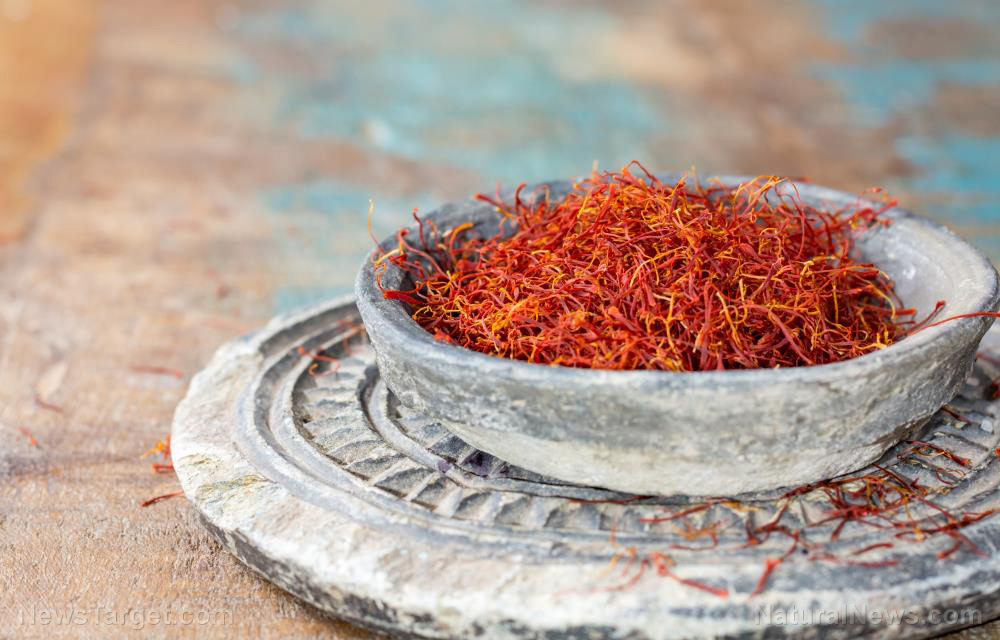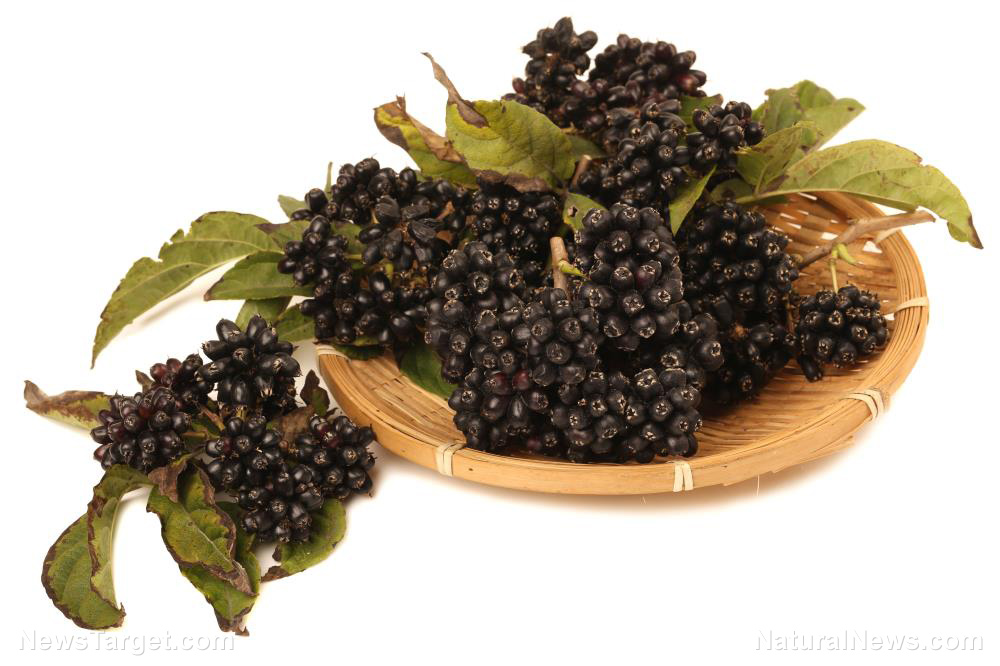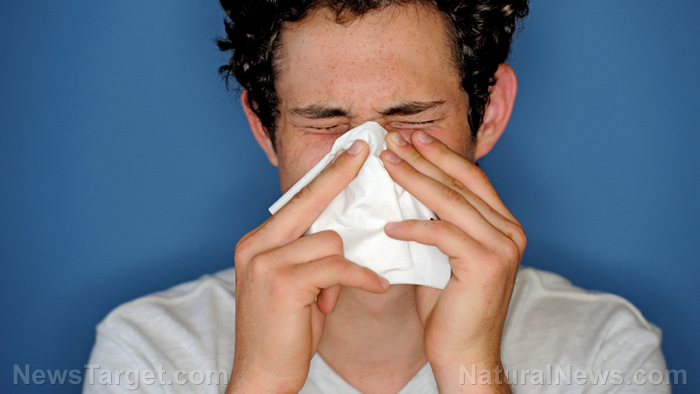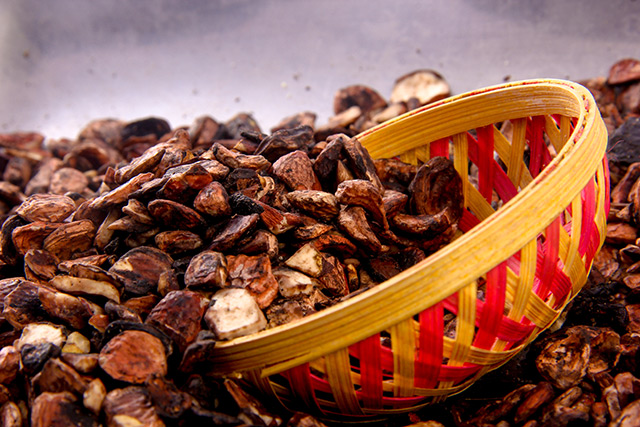Research finds spirulina lowers blood pressure
05/31/2019 / By Vicki Batts
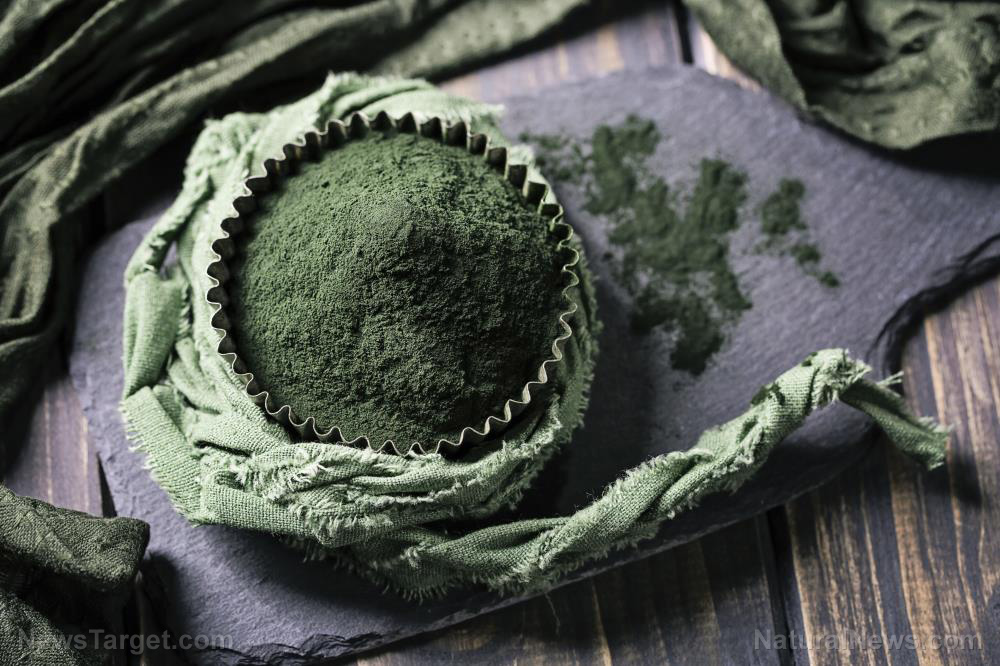
Spirulina is easily one of nature’s most potent superfoods. The blue-green microalgae is highly regarded for its impressive nutritional content and antioxidant activity, and offers a host of health benefits. While the mainstream medical industry continues to eschew food as medicine, research continues to demonstrate that spirulina (and many other plants) do have powerful healing effects. Science has proven time and time again that food isn’t just what makes people sick — it’s what makes them better. And yet, medical dogma continues to dictate that only Big Pharma’s drugs can be curative.
Indeed, the ancient art of healing has given way to the modern practice of putting profits before people. But many health enthusiasts are taking charge of their well-being by combining the power of a clean diet and potent, research-backed supplements like spirulina.
What is spirulina?
Spirulina is a blue-green microalgae that grows naturally in oceans and salty lakes. As Live Science puts it, spirulina is basically edible pond scum that’s been harvested by humans for centuries. Way back when, the Aztecs even collected the good stuff from Lake Texococo in central Mexico.
In the wild, spirulina is found in subtropical climates, but with modern technology, it is now grown around the world. The algae forms microscopic “spirals” as it grows. These spirals tend to stick together, which makes harvesting it pretty simple. Combined with an outstanding array of health benefits, it is no small wonder that spirulina has been hailed as a medicinal superfood for hundreds of years.
In some cultures, spirulina is still harvested from lakes by hand and formed into dried cakes. But, the prized superfood is also widely available as a nutritional supplement, typically either in powder or pill form. Powdered spirulina can be added to a variety of foods and beverages; it is even used as a natural colorant. Experts say taking just one to three grams of spirulina a day is all you need to experience the algae’s medicinal power.
Lower blood pressure and more
As Natural Health 365 reports, recent research has demonstrated one of spirulina’s most profound uses: Benefiting the cardiovascular system. High blood pressure (also known as hypertension) affects an estimated one-third of adults in the United States.
As a risk factor for the two leading causes of death (heart disease and stroke), hypertension is a major health concern. Now, scientists have found that spirulina can help reduce high blood pressure.
In a study of animal models, researchers found that spirulina relaxes the arteries by “stimulating a process mediated by nitric oxide.”
As sources note, impairments in the metabolic processes mediated by nitric oxide are common in people with hypertension — which makes the effects of spirulina particularly remarkable. The team was even able to determine the specific compound in spirulina responsible for these heart-healthy effects.
“SP6 interacts with an important signaling pathway known as PI3K/AKT. This interaction leads to the release of [nitric oxide] and, consequently, a drop in blood pressure,” the scientists wrote.
Research has also shown that spirulina can help promote a healthy blood lipid profile, reduce blood sugar levels and enhance muscle strength and endurance. The antioxidant and anti-inflammatory properties of spirulina are also well-documented. Some research even shows that spirulina can help prevent cancer.
And on top of all that, spirulina also boasts an impressive nutritional profile: It’s loaded with an array essential vitamins and minerals, and is also a good source of protein.
Despite what mainstream medical shills want you to think, food really is medicine. Indeed, when you give your body the nutrition it needs to function at its best, amazing things can happen — and Big Pharma’s toxic cocktails become irrelevant.
Learn more about spirulina and other superfoods at Food.news.
Sources for this article include:
Tagged Under: anti-inflammatory, antioxidants, blood pressure, food cures, food is medicine, heart health, hypertension, natural cures, natural medicine, prevention, remedies, research, spirulina, supplements
RECENT NEWS & ARTICLES
COPYRIGHT © 2017 REMEDIES NEWS












